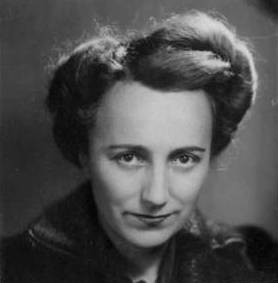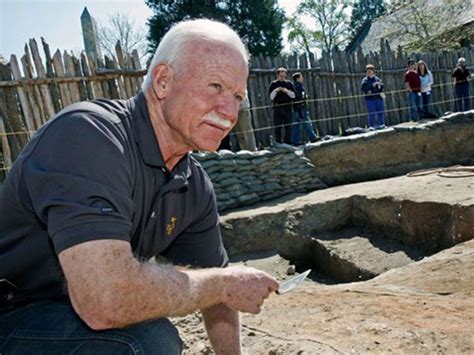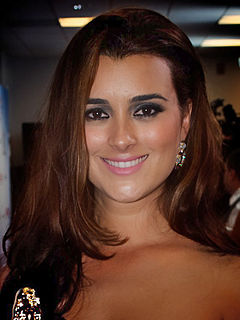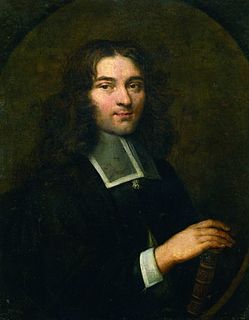A Quote by Robert Frost
Poetry is when an emotion has found its thought and the thought has found words.
Related Quotes
Poetry is creative expression; Prose is constructive expression... by creative I mean original. In Poetry the words are born or reborn in the act of thinking... There is no time interval between the words and the thought when a real poet writes, both of them happen together, and both the thought and the word are Poetry.
The pressure disappeared with the first word he put on paper. He thought--while his hand moved rapidly--what a power there was in words; later, for those who heard them, but first for the one who found them; a healing power, a solution, like the breaking of a barrier. He thought, perhaps the basic secret the scientists have not discovered, the first fount of life, is that which happens when a thought takes shape in words.
All myth is an enriched pattern, a two-faced proposition, allowing its operator to say one thing and mean another, to lead a double life. Hence the notion found early in ancient thought that all poets are liars. And from the true lies of poetry trickled out a question. What really connects words and things?
The circumstances of the world are continually changing, and the opinions of men change also; and as government is for the living, and not for the dead, it is the living only that has any right in it. That which may be thought right and found convenient in one age, may be thought wrong and found inconvenient in another. In such cases, who is to decide, the living, or the dead?
There is no unmoving mover behind the movement. It is only movement. It is not correct to say that life is moving, but life is movement itself. Life and movement are not two different things. In other words, there is no thinker behind the thought. Thought itself is the thinker. If you remove the thought, there is no thinker to be found.
To be honest, I wasn't crazy about the kind of poetry I found in high school English books. I didn't get really excited about poetry until I discovered Lorca in college. If it wasn't for surrealism, I'm not sure I'd have become so involved in poetry. I was attracted by the extravagant imagery and elements of fantasy. This was in the '70s and it seemed to fit the psychedelic mood of the times. I found it liberating.






































